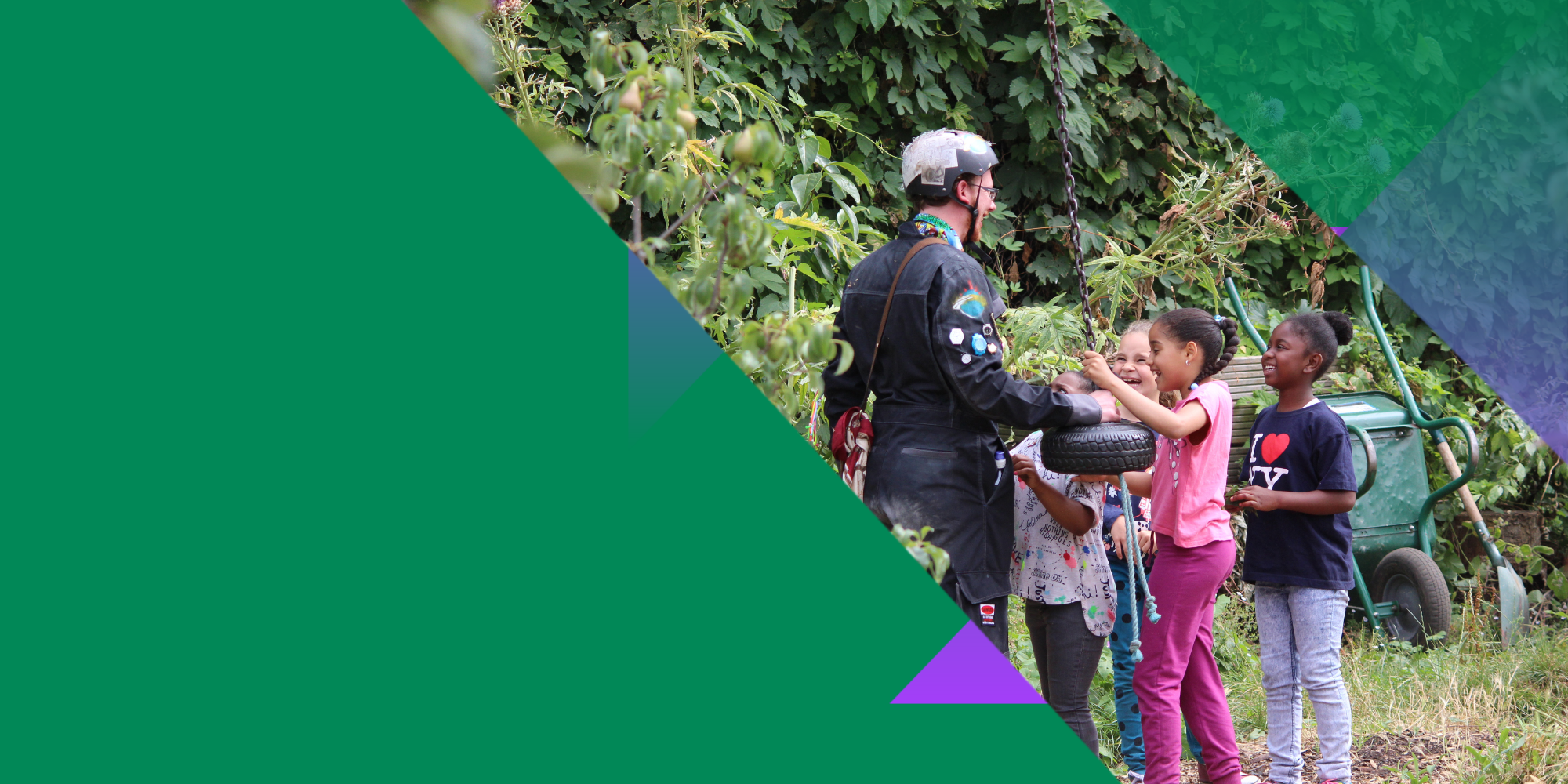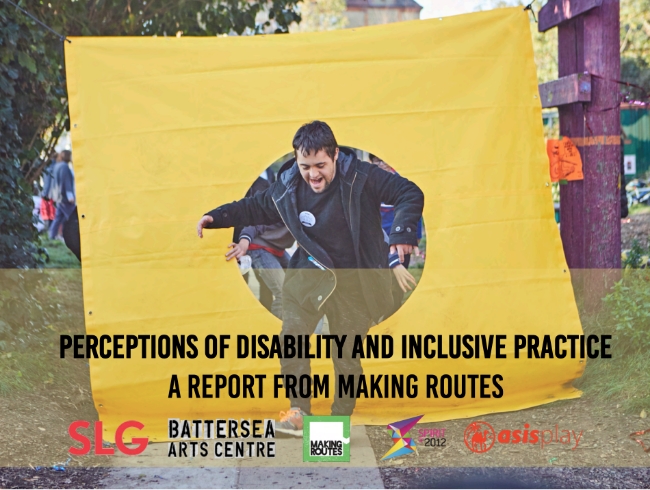Impact & Learning
Key learning
Accessibility throughout the project and the festival was of a very high standard and is a good example of best practice of inclusive practice involving disabled people as artists, producers, volunteers, evaluators and participants. The festival also produced a guide to accessible recruitment (see linked documents). This model of embedding diverse people across the entire project is something that all three Making Routes organisations took on board. Key features of the approach included:
- Designing an accessibility map for organisational activity (charting the access requirements of the people involved and identifying barriers that might arise then working with the people to find solutions – ideally before activity starts);
- Taking a flexible and thoughtful approach to the developing of resources and activities, asking disabled people along the way what things are working and what things aren’t and being prepared to change original plans in order to accommodate different needs;
- Using artist-led approaches to curating conversations around disability, led by disabled people, in open and safe spaces where participants can feel confident in being honest.
One of the main ways that Making Routes was able to challenge negative perceptions of disability was through the artist recruitment process. This not only led to the recruitment of a diverse cohort of artists but also created a guide to accessible recruitment that has been used by the Making Routes organisations and others.
Early in the process they involved practitioners in designing evaluation methodologies, so they were committed to undertaking them, and understood the reason behind it the methodology and the chosen questions. They also emphasised the importance of designing simple ways for participants to respond to surveys, and worked with artists to create visual surveys that worked for beneficiaries of all ages and with a wide variety of needs. The evaluation also notes the usefulness of having ‘observers’ present to capture the response of children and young people who did not communicate verbally.
A detailed accessibility audit was undertaken for the festival and different forms of visitor access information was available in the run up to and during the day.
The project engaged 2479 disabled and non-disabled young people between 6 and 25 years old
87% (n= 46) of young people said that they felt supported to take part fully in the Making Routes Festival
86% (n= 22) of young people aged 14 and under said that the Making Routes project made them feel happier
7 out of 10 of young people aged 15 and over said that their thoughts and feelings about their life/future had changed positively as a result of taking part in the project
40% of the children and young people that attended the opening ceremony at Oasis were new to the organisation








